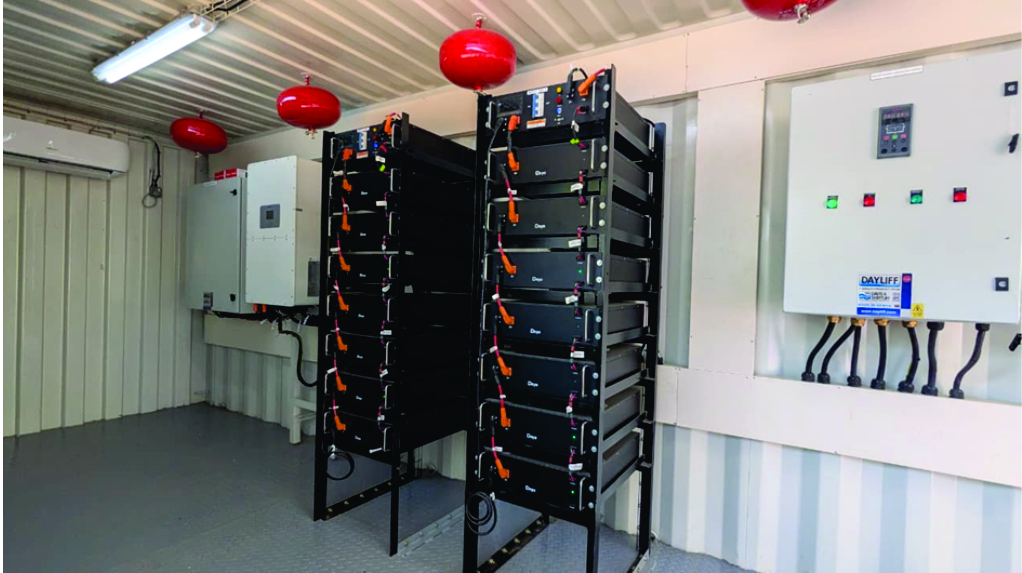
BESS Solar Hybrid System
- Davis & Shirtliff launches solar hybrid system to help millions of Kenyans in off-grid areas access clean, affordable power;
Davis & Shirtliff, a leading water and energy solutions provider in East Africa, has introduced a new modular containerised solar hybrid system to help millions of Kenyans living in off-grid areas access clean and affordable electricity.
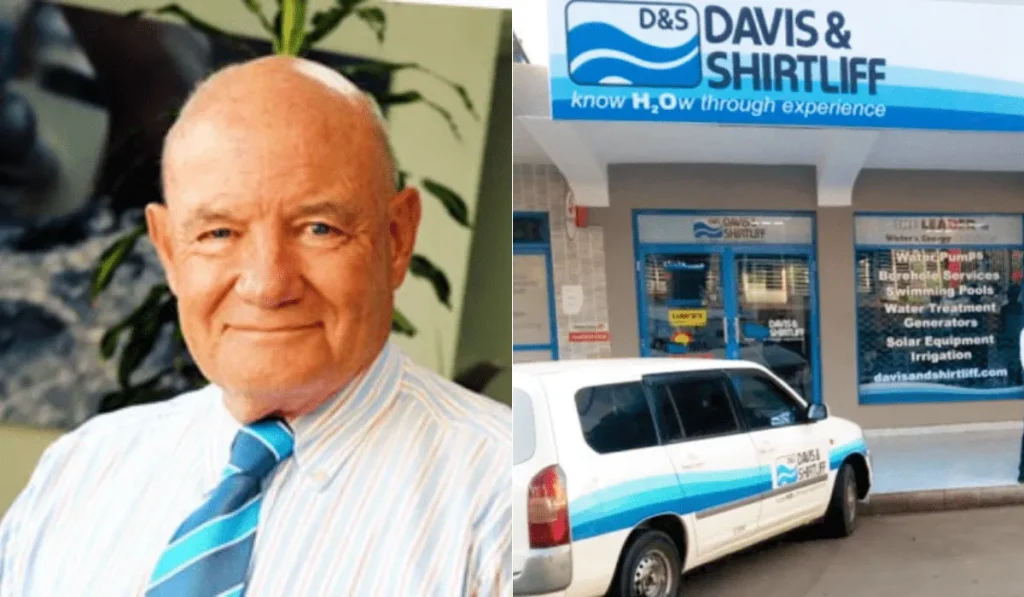 The first unit has already been installed in Lodwar, Turkana County.
The first unit has already been installed in Lodwar, Turkana County.
It includes a 50 kW solar hybrid inverter and a 70 kWh battery storage system, providing steady power throughout the day and night and substantially reducing reliance on diesel generators, which are costly and environmentally harmful.

The system is fully assembled, easy to transport and quick to install.Designed specifically for remote locations, it is ideal for rural communities, schools, clinics, trading centres, businesses and humanitarian operations.
Its compact, plug-and-play design means it can be deployed rapidly even in harsh or isolated environments.
“This is an important step in delivering clean, reliable energy to areas long without access,” said MD Edward Davis at Davis & Shirtliff.
“By offering a ready-to-use system, we are helping communities gain electricity faster and more affordably, supporting both economic growth and social development.”
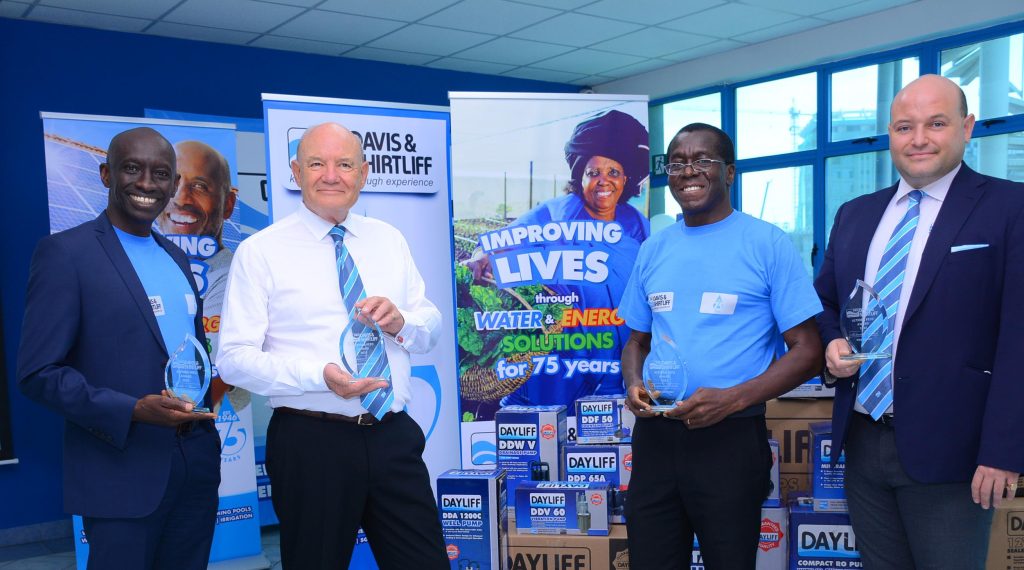 According to statistics from the Ministry of Energy, around 43 per cent of Kenya’s population remains unconnected to the national grid, with rural areas being particularly underserved.
According to statistics from the Ministry of Energy, around 43 per cent of Kenya’s population remains unconnected to the national grid, with rural areas being particularly underserved.
At the same time, Kenya’s mini-grid and off-grid sector is growing, with solar hybrid systems widely viewed as the most cost-effective solution for powering remote communities.
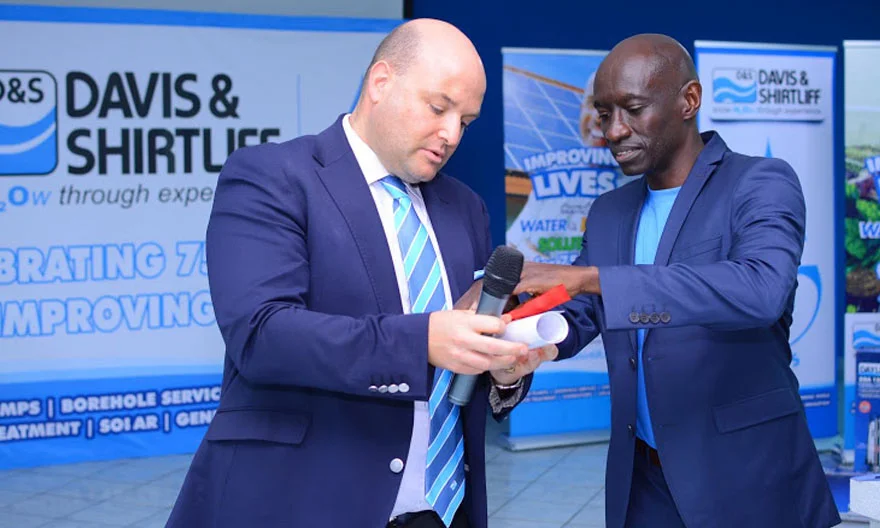 According to the State of the Global Mini-Grids Market 2024 report, funded by UK aid, Kenya needs solar hybrid mini-grids to serve at least 1.3 million people and add 125 MW of capacity in order to achieve universal power access by 2030 through least-cost solutions, a transition expected to require an investment of approximately USD 281 million.
According to the State of the Global Mini-Grids Market 2024 report, funded by UK aid, Kenya needs solar hybrid mini-grids to serve at least 1.3 million people and add 125 MW of capacity in order to achieve universal power access by 2030 through least-cost solutions, a transition expected to require an investment of approximately USD 281 million.
Studies of mini-grid systems in Kenya have found that access to reliable power can lead to meaningful socioeconomic benefits: increases in household income, improved business hours, better educational outcomes and greater safety.
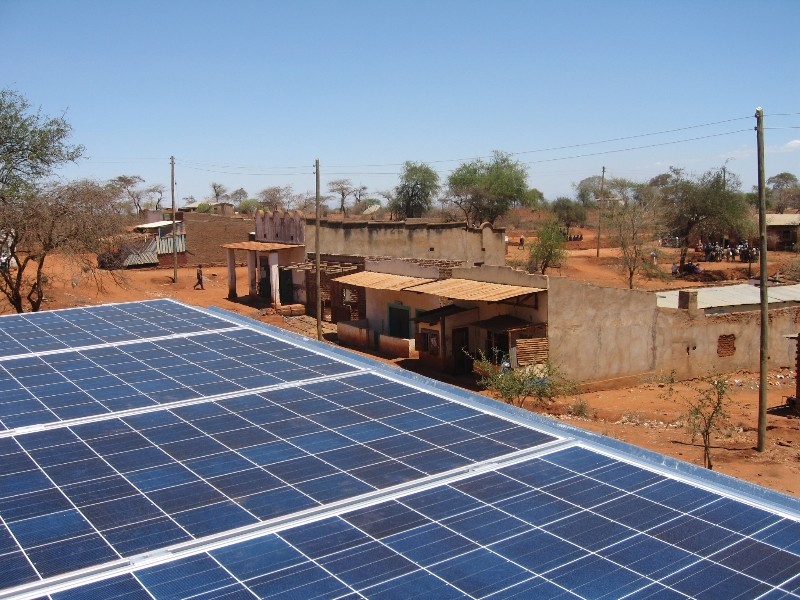 The scalable, rapidly deployable system, which integrates solar generation and battery storage, directly addresses the growing need for decentralised energy solutions.
The scalable, rapidly deployable system, which integrates solar generation and battery storage, directly addresses the growing need for decentralised energy solutions.





